In Ontario, the laws governing road safety are strictly enforced to ensure the well-being of all road users. Among these laws, the requirement for drivers to stop when requested by police officers stands as a fundamental pillar of road safety protocol. Ignoring such a request is not only considered a violation of the Highway Traffic Act but also an act of disregard for the safety of the community and the authority of law enforcement. This article aims to shed light on the consequences of failing to stop for police, the legal frameworks surrounding traffic stops, and the avenues available for individuals who find themselves facing charges related to such incidents.
Understanding the intricacies of traffic law and the powers vested in police officers to maintain public safety is crucial for every driver. The act of failing to stop for police can escalate from a simple traffic violation to a more serious offence, carrying with it significant legal ramifications. This article delves deep into what it means to fail to stop for police in Ontario, deciphering police codes for traffic stops, and exploring the legal repercussions and processes involved in contesting a ticket for such an offence. Through a comprehensive examination of these aspects, drivers can be better informed about their rights and responsibilities, as well as the potential impact of their actions on their legal standing and driving privileges.
When Can Police Stop Your Car?
Deciphering Police Codes for Traffic Stops
Police officers in Ontario have the authority to stop vehicles for a variety of reasons. This can range from routine traffic checks to suspicions of criminal activity. The police code for a traffic stop is a procedural guideline that officers follow, ensuring that stops are conducted lawfully and respectfully. Understanding these codes can provide insight into the reasons behind a stop and what is expected from both parties during the interaction.
Failing to Stop When Requested by a Police Officer
Offence
Failing to stop for police is a serious offence under the Highway Traffic Act. This violation is not merely about disobeying traffic signals but is seen as a disregard for public safety and law enforcement authority. Such an act can escalate to more severe charges if it leads to dangerous driving or poses a risk to others.
Escape by Flight
An attempt to escape or evade police by not stopping can further compound the issue, leading to charges of escape by flight. This not only increases the severity of the penalties but also adds a criminal element to what could have been a routine traffic stop. It’s crucial to understand that compliance is always the best course of action.
I Failed to Stop for the Police and Got a Ticket—Now What?
Receiving a failure to stop ticket can indeed be a daunting experience, enveloping you in a mix of emotions from confusion to frustration. It’s a moment that can make any driver feel vulnerable, questioning their next steps amidst the potential consequences on their driving record and financial status. However, amidst this turmoil, it’s paramount to remember that you are not without recourse. The legal framework provides for the contestation of such tickets, a process that not only embodies the principles of justice but also ensures that every driver has the opportunity to present their case. This option to contest is not merely a procedural formality; it is a fundamental right that can lead to various outcomes, potentially including the reduction or complete dismissal of charges.
Mitigating circumstances play a crucial role in the legal proceedings surrounding a failure to stop ticket. These are factors that, while not excusing the offence, can significantly influence the court’s decision regarding the severity of penalties. For instance, if there were genuine misunderstandings during the incident, such as unclear police signals or a legitimate belief that stopping might have led to a greater danger, these can be critical in your defense. The law acknowledges that situations are not always black and white, and thus, provides a platform for individuals to articulate the context of their actions. Presenting a well-founded argument that details these mitigating circumstances can sway the court toward a more favorable outcome.
Moreover, the process of contesting a ticket is not a path you must walk alone. The legal system, with its complexities, often necessitates guidance from those well-versed in traffic law. Legal representation or consultation can illuminate aspects of the law and procedural nuances that are not immediately apparent to the layperson. Professionals specializing in traffic violations bring to the table their expertise and experience, offering strategic advice and representation. They can help decipher the legal jargon, prepare a solid defense, and navigate the intricacies of court proceedings. This support is invaluable, particularly in situations where the stakes include hefty fines, demerit points, and the potential for increased insurance premiums. Engaging with legal experts can enhance your chances of a positive outcome, reinforcing the notion that while receiving a ticket for failing to stop is serious, it is a challenge that can be met with informed and strategic action.
How Much Does a Failure to Stop for Police Ticket Cost?
The cost of a ticket for failing to stop for police can vary, including fines and demerit points. The financial impact can be significant, affecting insurance rates and driving privileges. It’s essential to consider the long-term implications of such tickets beyond the initial penalty.
Taking a Fail to Stop Ticket to Court
Fighting a fail to stop ticket in court involves presenting your case before a judge, possibly with the assistance of legal representation. The process requires a thorough understanding of traffic laws and the ability to articulate a defense that can challenge the prosecution’s evidence or highlight procedural errors.
Do You Have to Stop for the Police Every Time?
Yes, stopping for police when signaled is a legal requirement. Traffic police stop signals are designed to protect everyone on the road, including the police officers, drivers, and pedestrians. Ignoring these signals not only breaches the law but also puts public safety at risk.
Understanding Police Power to Stop Vehicles
The authority of police to stop vehicles is not arbitrary but grounded in law. This power is exercised to maintain road safety, enforce traffic laws, and prevent criminal activity. Knowing the extent and limits of this authority can help drivers navigate interactions with police more confidently.
While it is acknowledged that the authority of police to stop vehicles is fundamentally grounded in legal statutes, aimed at upholding road safety, enforcing traffic laws, and deterring criminal activity, there are instances where this power can be misapplied or even abused. The delineation of police powers is meant to serve the public interest; however, the discretion afforded to law enforcement officers can sometimes lead to situations where the exercise of this authority oversteps the boundaries of fairness and objectivity. Reports and complaints of discriminatory stops, unwarranted searches, and the disproportionate targeting of certain groups underscore the potential for misuse of these powers. This reality suggests a need for ongoing oversight and accountability mechanisms. Such measures are crucial in ensuring that the balance between authority and individual rights is maintained.
Conclusion
Failing to stop for police in Ontario is a serious matter with potentially grave consequences. Whether it’s understanding the police code for traffic stops, dealing with a failure to stop ticket, or contemplating taking a fail to stop ticket to court, knowledge and preparation are key. For individuals facing such charges, seeking professional guidance from Traffic Paralegal Services can make a significant difference in the outcome of their case. With a dedicated focus on fighting tickets and charges under the Provincial Offences Act and Highway Traffic Act, Traffic Paralegal Services offers the expertise needed to navigate the complexities of traffic law in Ontario. Remember, when it comes to legal matters, especially those involving traffic violations, it’s always beneficial to have experienced professionals on your side.
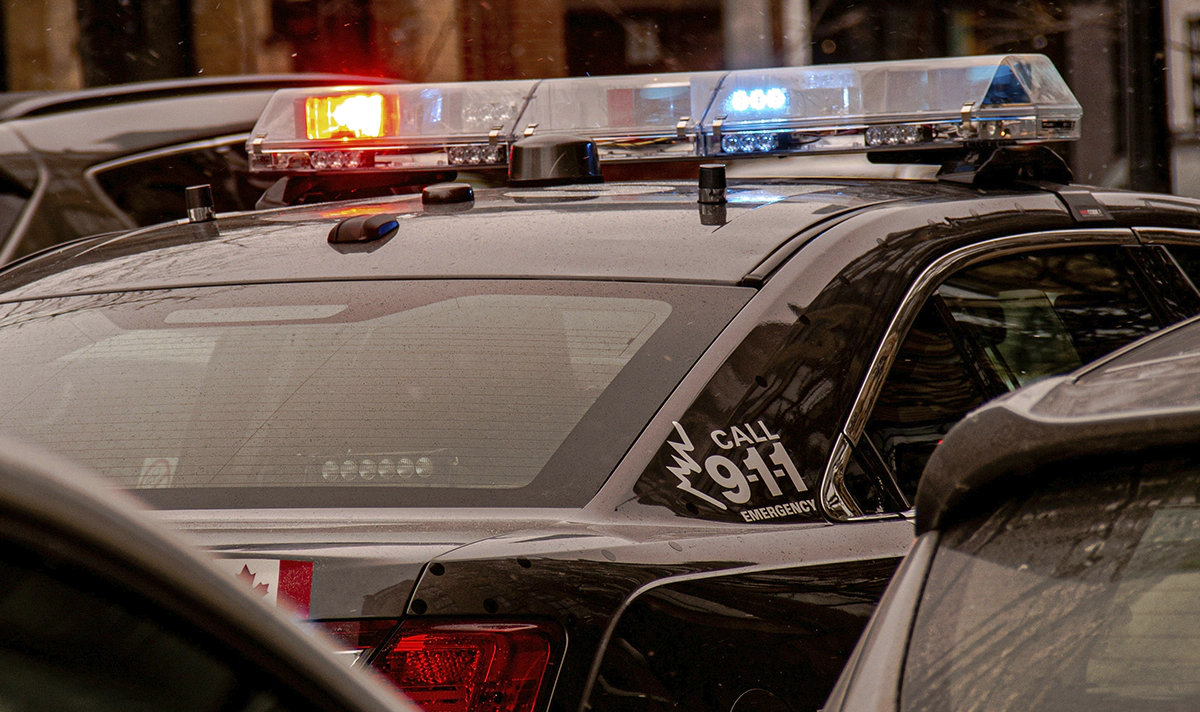

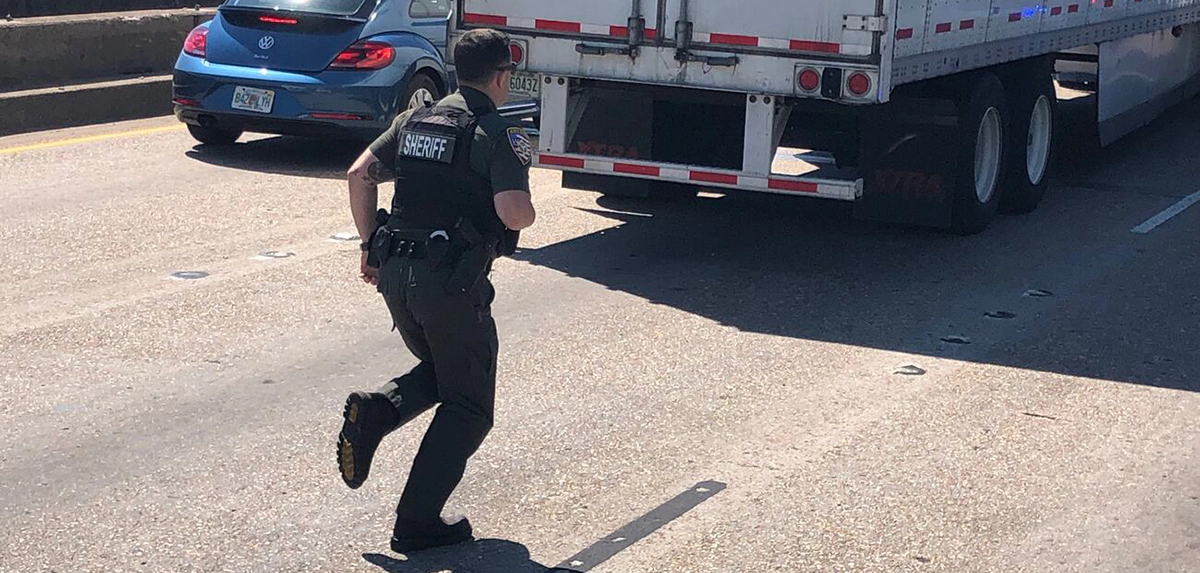
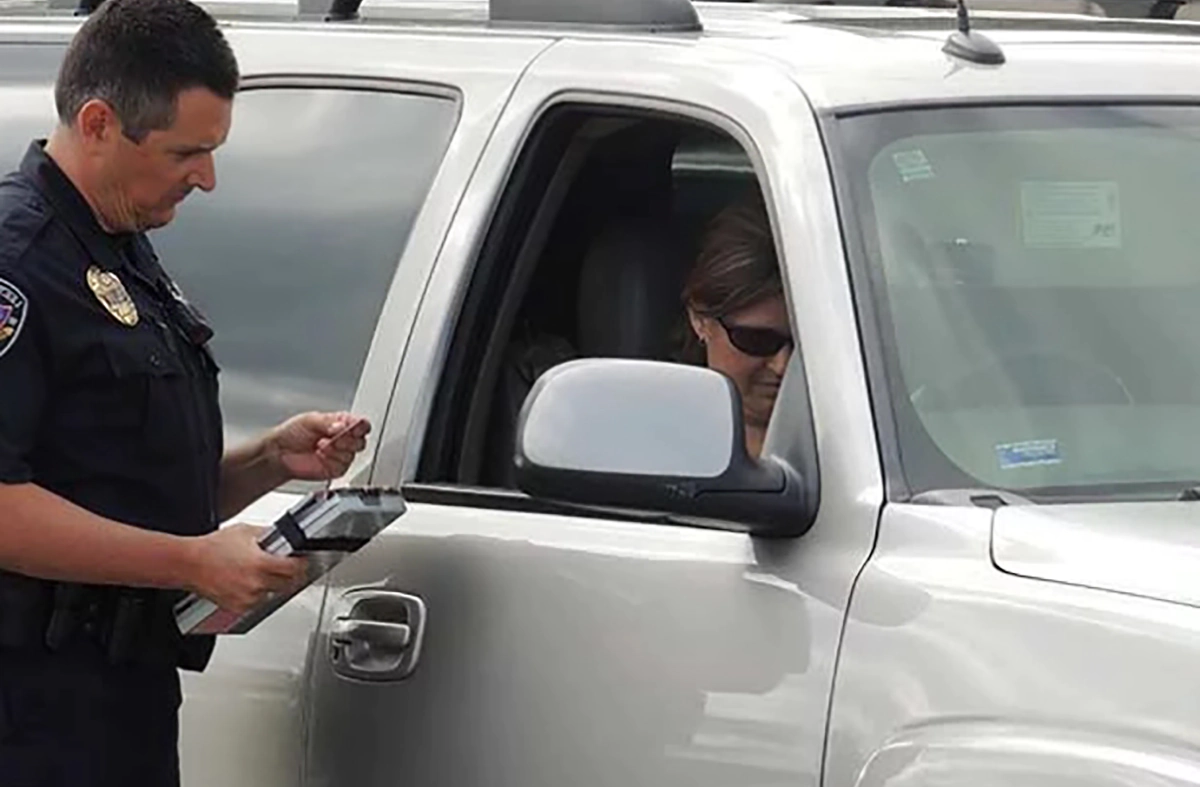

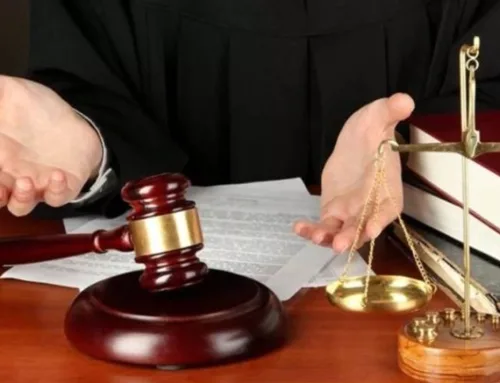
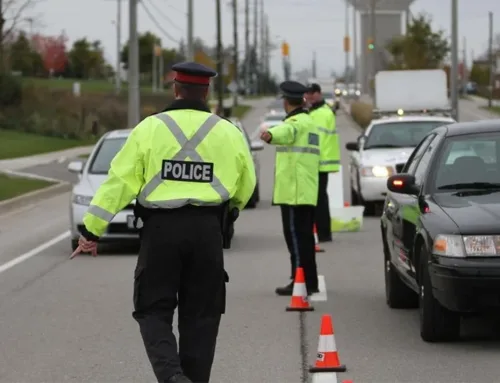
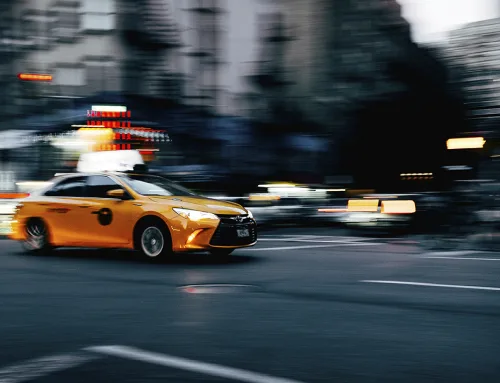
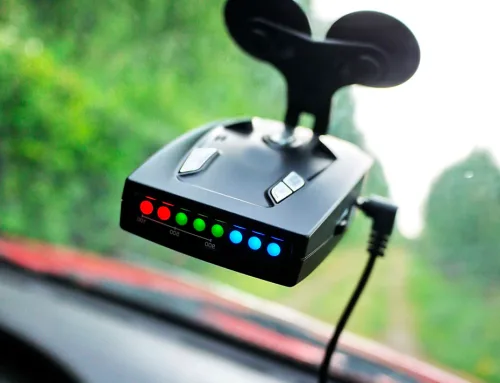
Leave A Comment
You must be logged in to post a comment.